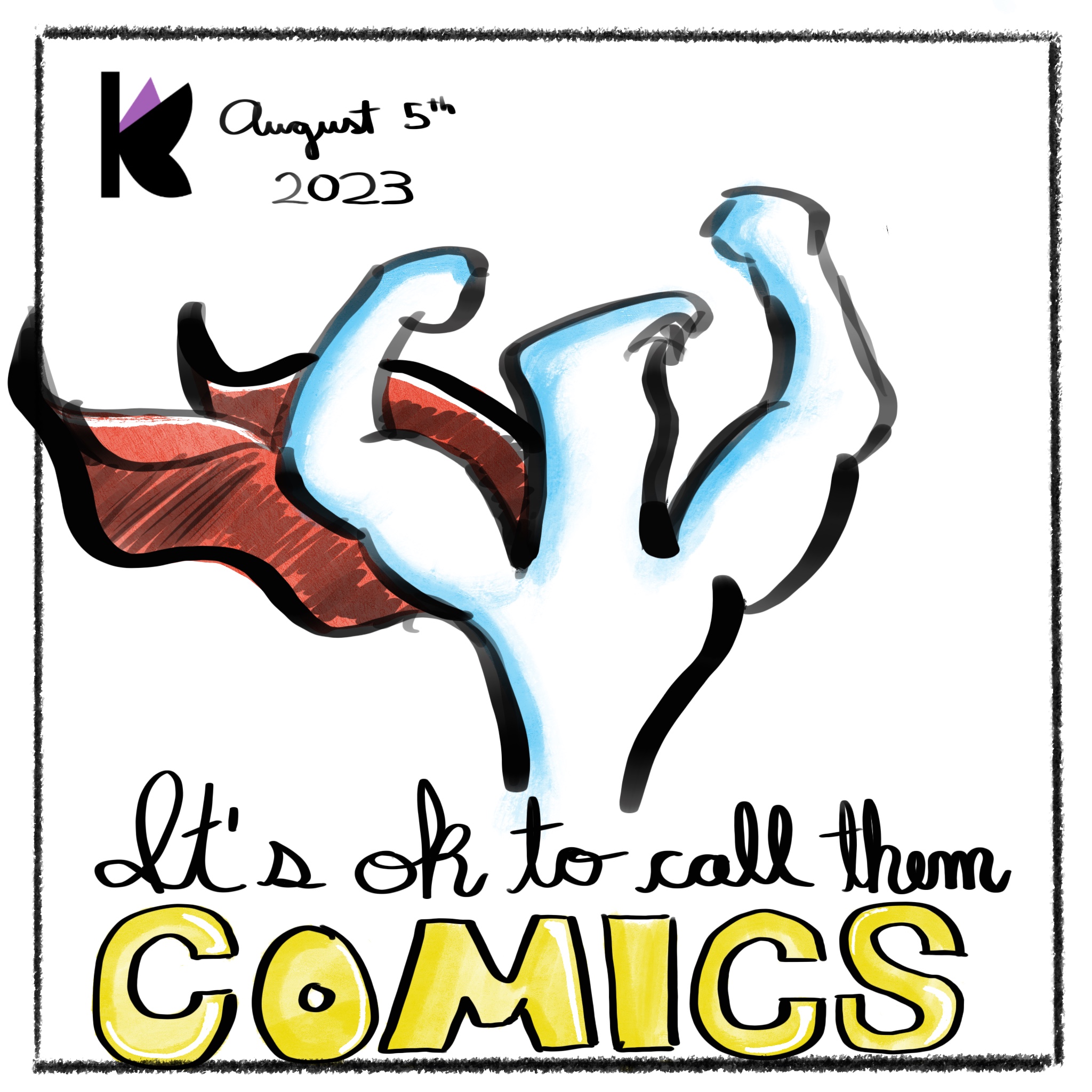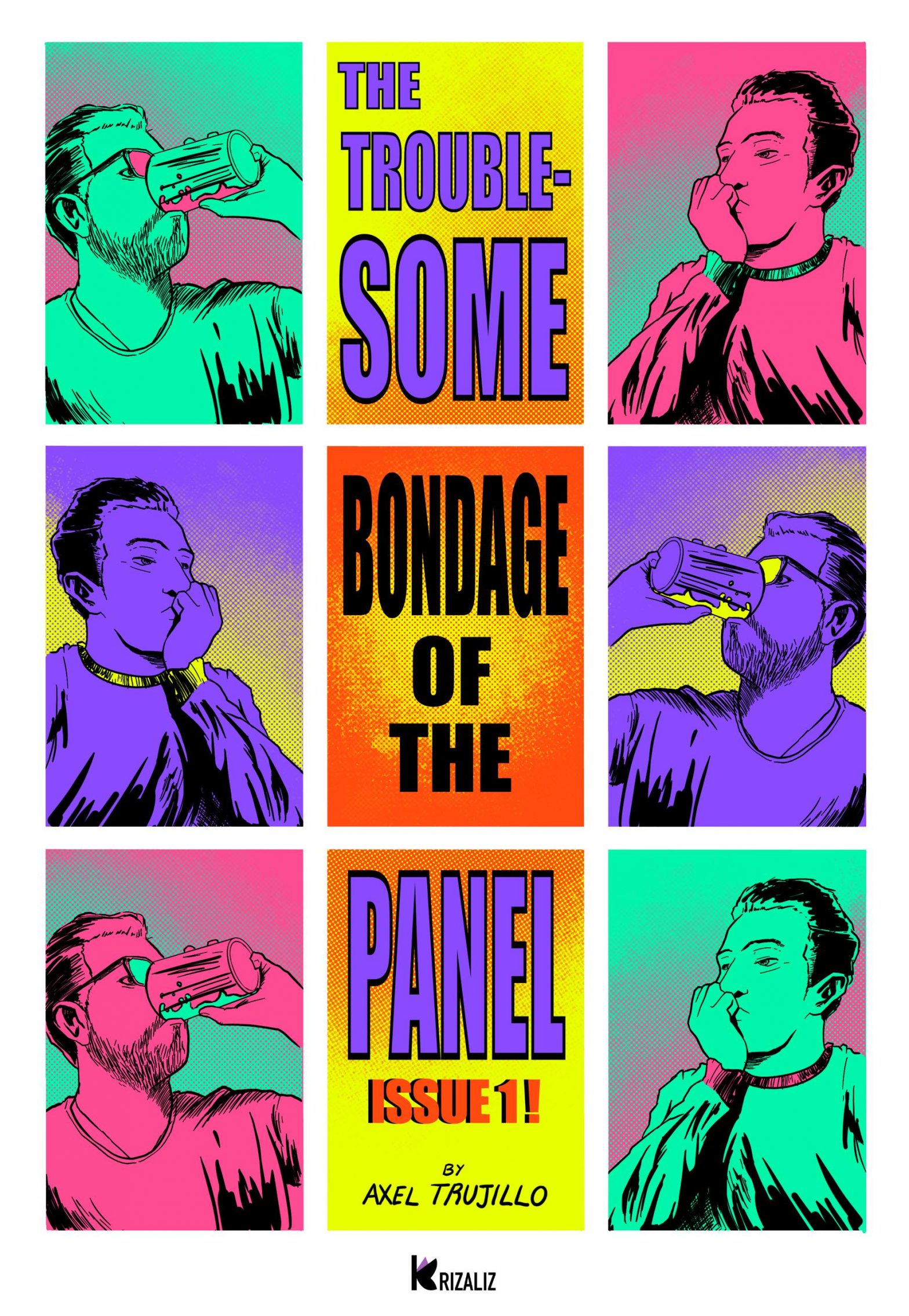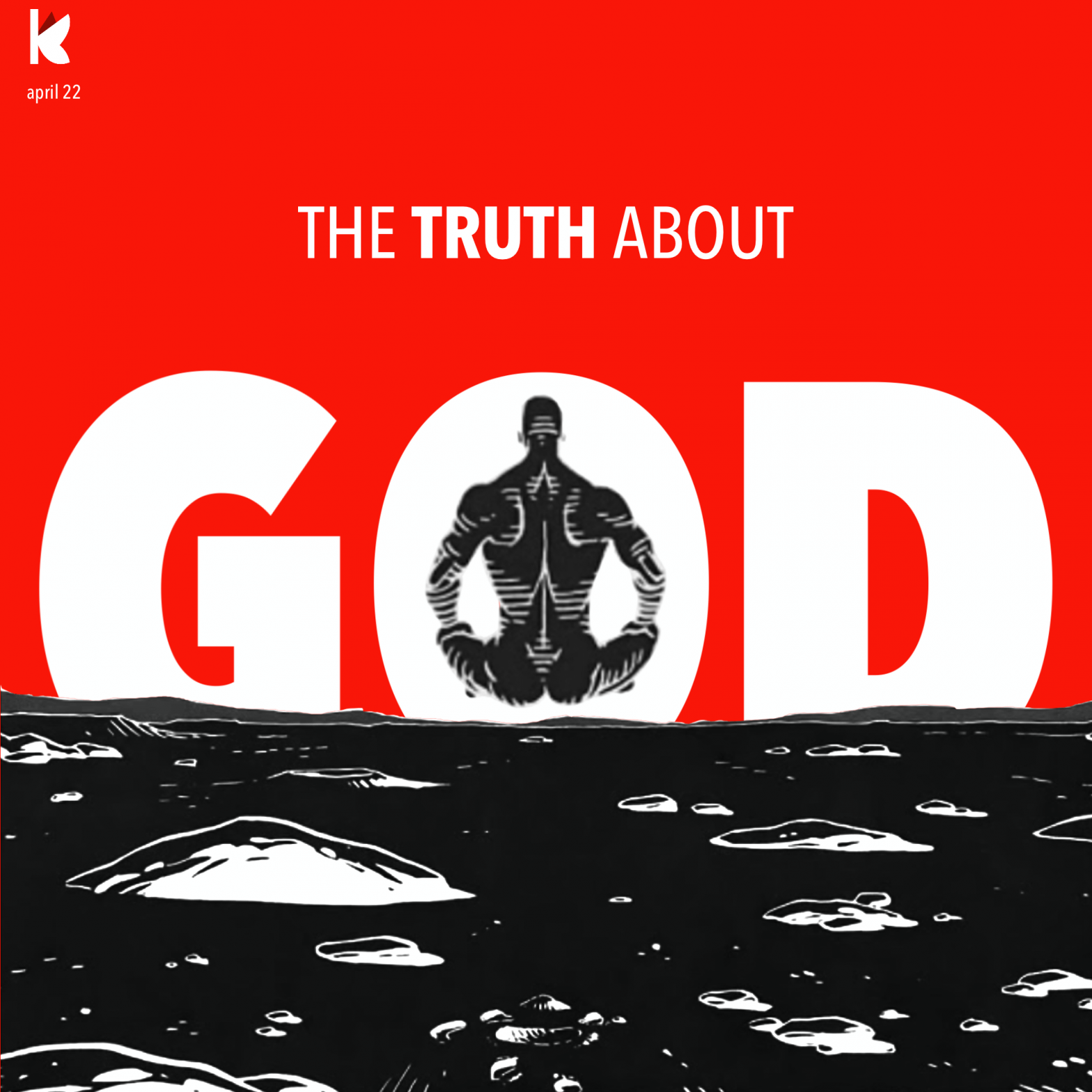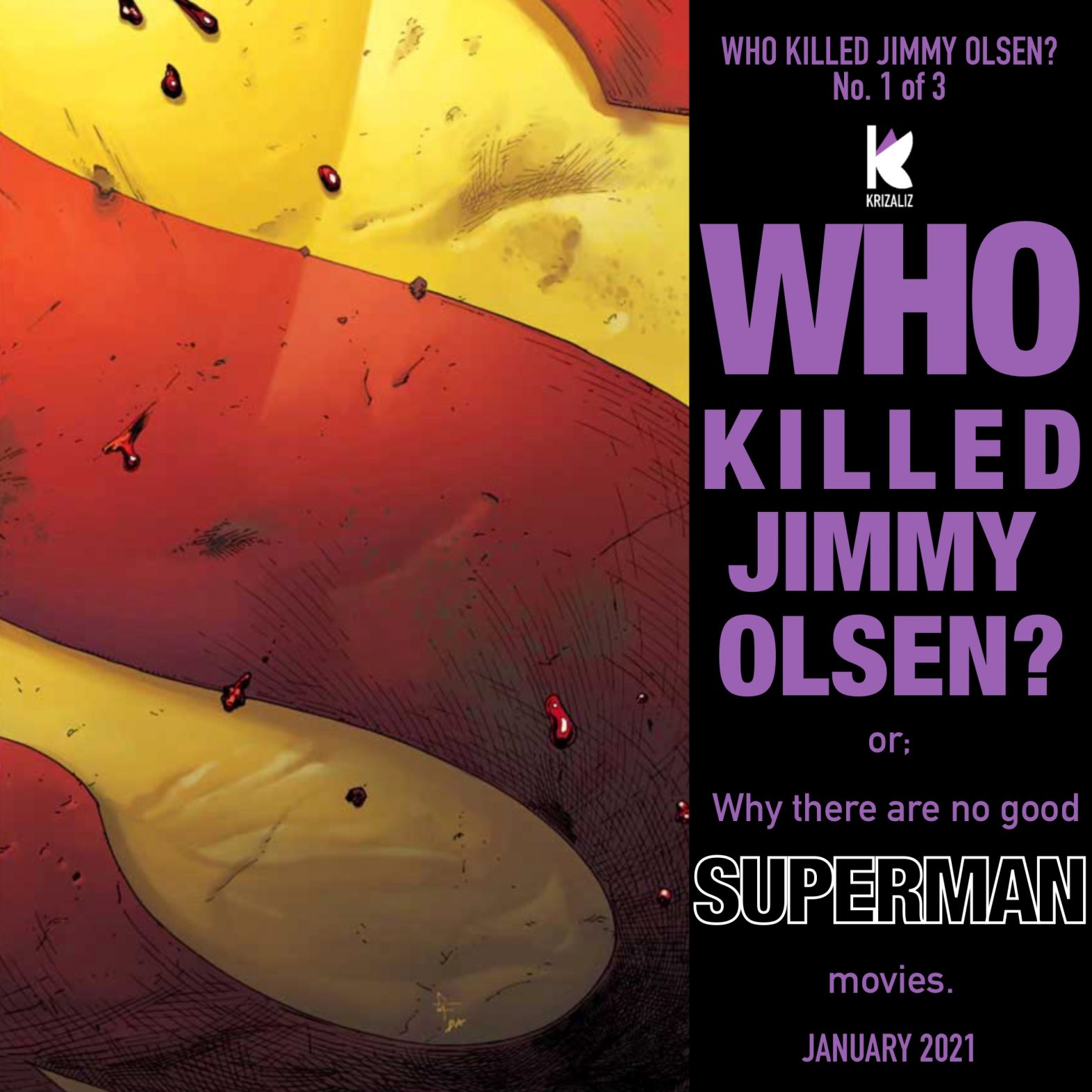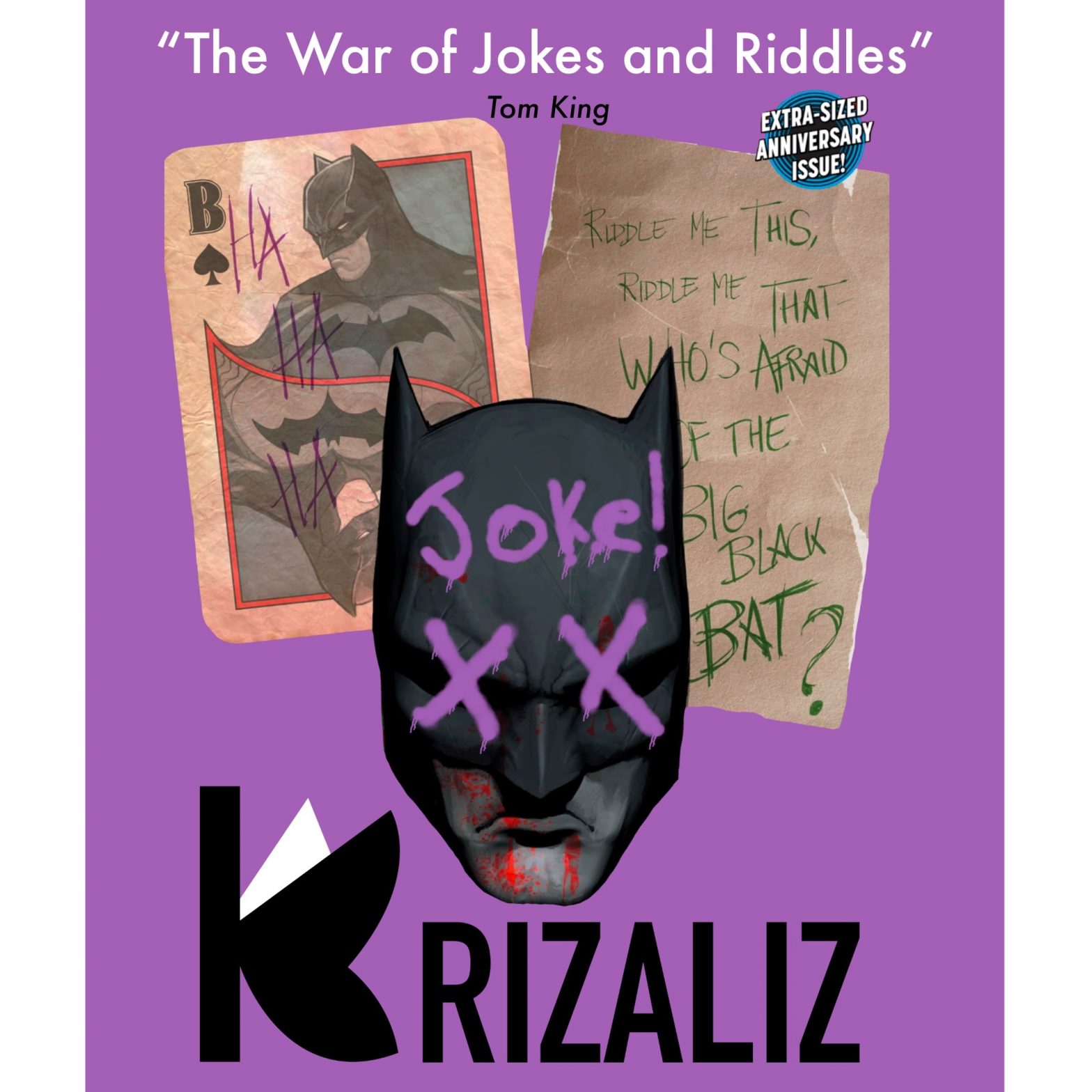Tag: comics
-
Why do we call some comics “graphic novels?”
Since their inception, comics have been in a constant search for legitimacy. Their humble beginnings on the newspapers gave them the reputation of being something vulgar or popular, which does not deserve to be taken seriously, both by artists and academics who study literature and other forms of art, such as painting.
-
✴︎
The troublesome bondage of the panel: ISSUE 1! (a short story about how sooner or later comics will break your heart)
This short story is completely fictional. It is the tale of 2 experienced comic book writers who work at the Distinguished Comics company. They really need to get a drink today.
-
✴︎
The Clockwork Universe of Paradise Lost: God, Free Will, and Time
In “Paradise Lost” upon first glance, God appears tyrannical and prejudiced against humanity. In fact, the first thing God says about humanity is essentially a condemnation of the species. Even worse, the angels seem to be okay with it. However, there is a difference between the idea of God in “Paradise Lost” and the commonly…
-
Who killed Jimmy Olsen? or, Why it is impossible to write a superman movie
If we want to answer the question, firstly, we have to define who Superman is, and to understand him we must understand 2 fundamental aspects of the character; His Identity, and his Intersubjectivity.
-
The funny reason why the Batman is a joke.
The Joker transforms tragedy into comedy. However, the character of the Riddler plays the role of the fool. The witty fool. This character is a staple of Shakespearean comedic plays. The presence of the Fool is what transforms a tragedy into a comedy

